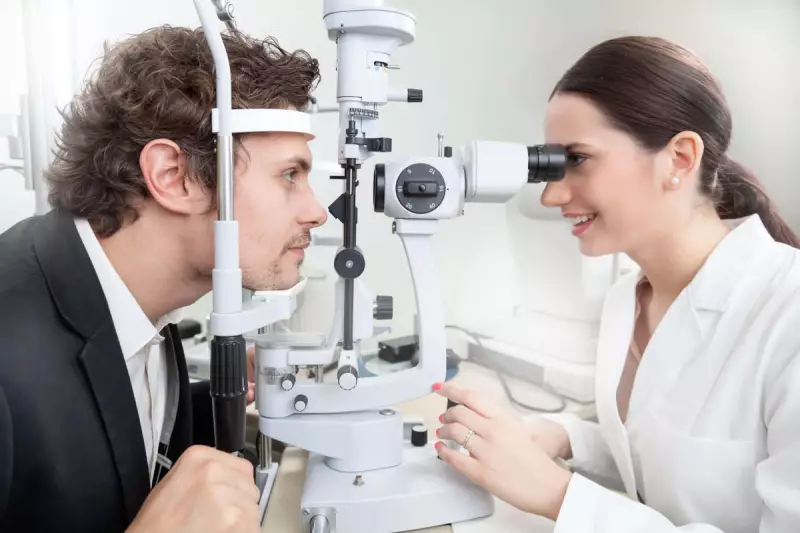
A new study conducted by researchers at the University of Dundee has uncovered a simple yet profound insight into patient care: people prefer doctors who genuinely listen to them. The findings, published in a leading medical journal, suggest that the quality of communication between doctors and patients plays a critical role in healthcare satisfaction.
Key Findings from the Study
The research involved over 1,000 patients across the UK, who were asked about their experiences with healthcare professionals. The results were striking:
- Listening matters: 78% of respondents said they felt more satisfied when their doctor took the time to listen to their concerns.
- Empathy builds trust: Patients were more likely to follow medical advice when they felt their doctor understood their situation.
- Time constraints hurt care: Many participants expressed frustration with rushed appointments, which left them feeling unheard.
Why This Research Matters
Dr. Emily Carter, the lead researcher, explained the significance of the findings: "In an era where healthcare systems are under immense pressure, it’s easy to overlook the human element of medicine. Our study shows that something as simple as active listening can dramatically improve patient outcomes."
The research also highlights a growing disconnect between patient expectations and the realities of modern healthcare. With appointment times often limited to just 10 minutes, many doctors struggle to provide the level of attention patients desire.
What’s Next for Healthcare?
The team at Dundee hopes their findings will encourage policymakers and healthcare providers to rethink how consultations are structured. Potential solutions could include:
- Longer appointment slots for complex cases.
- Training programmes to improve doctors’ communication skills.
- Greater use of follow-up consultations to ensure patients feel supported.
As the NHS and other healthcare systems grapple with staffing shortages and increasing demand, studies like this remind us that sometimes the most effective treatments don’t come in pill form – they come from genuine human connection.





